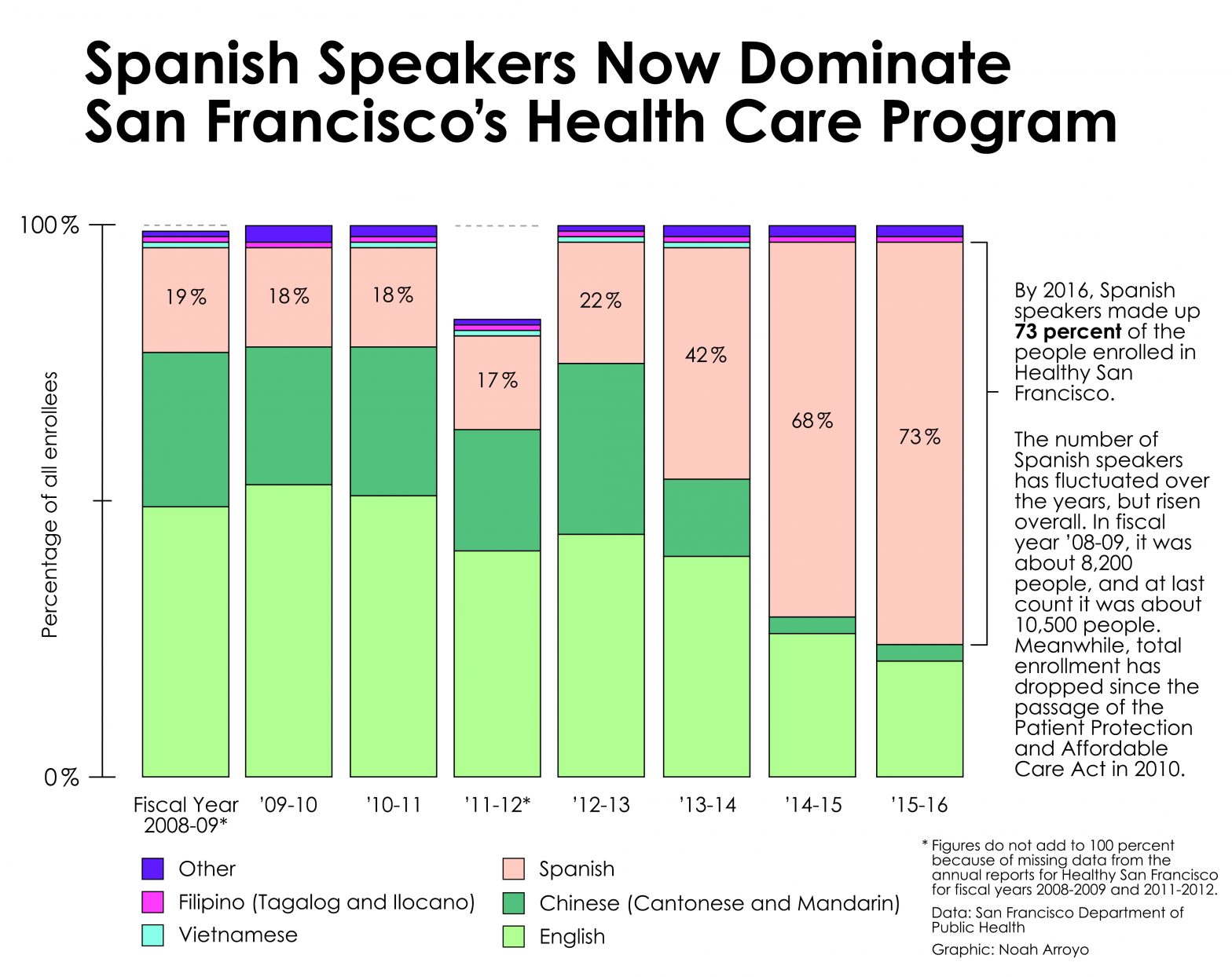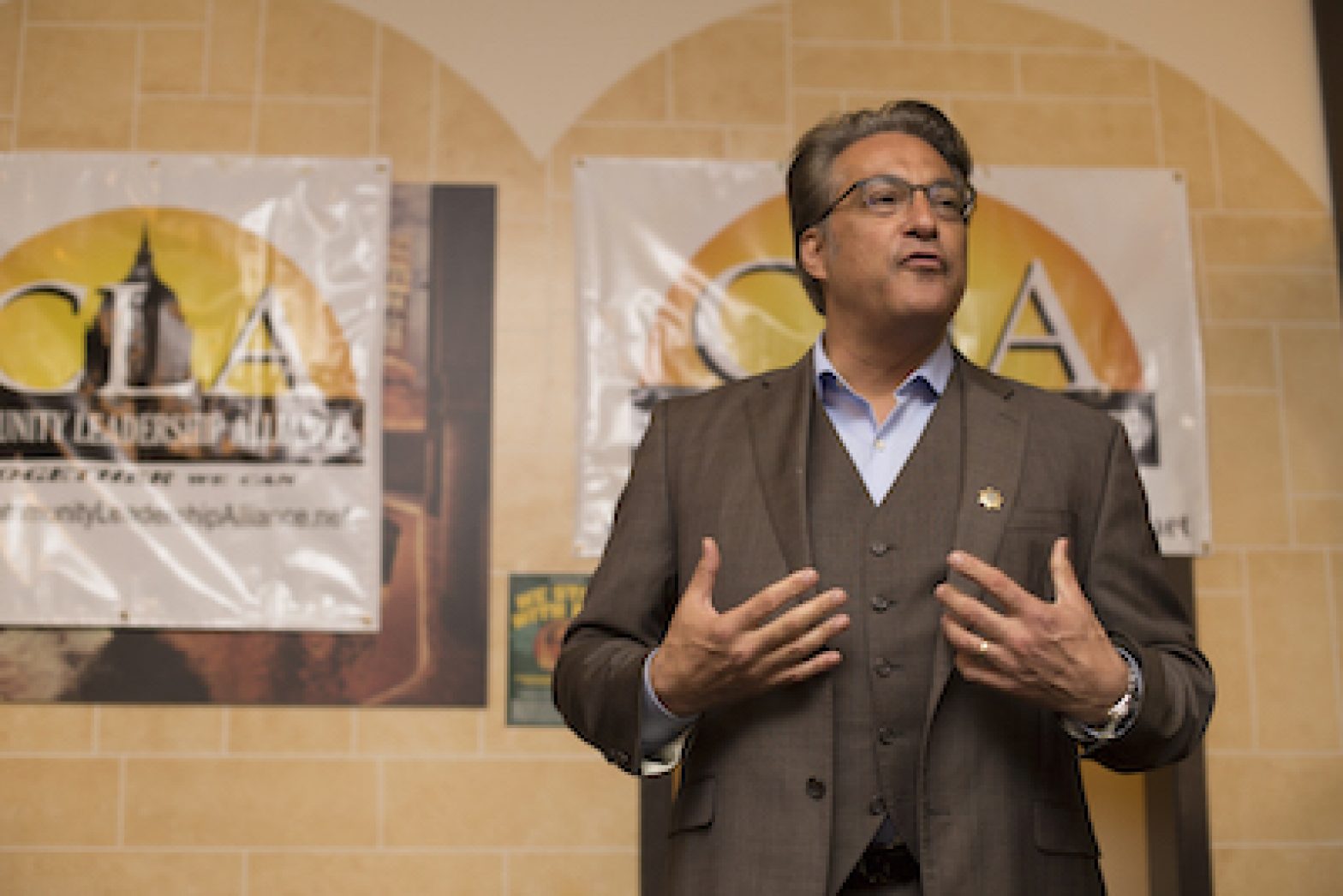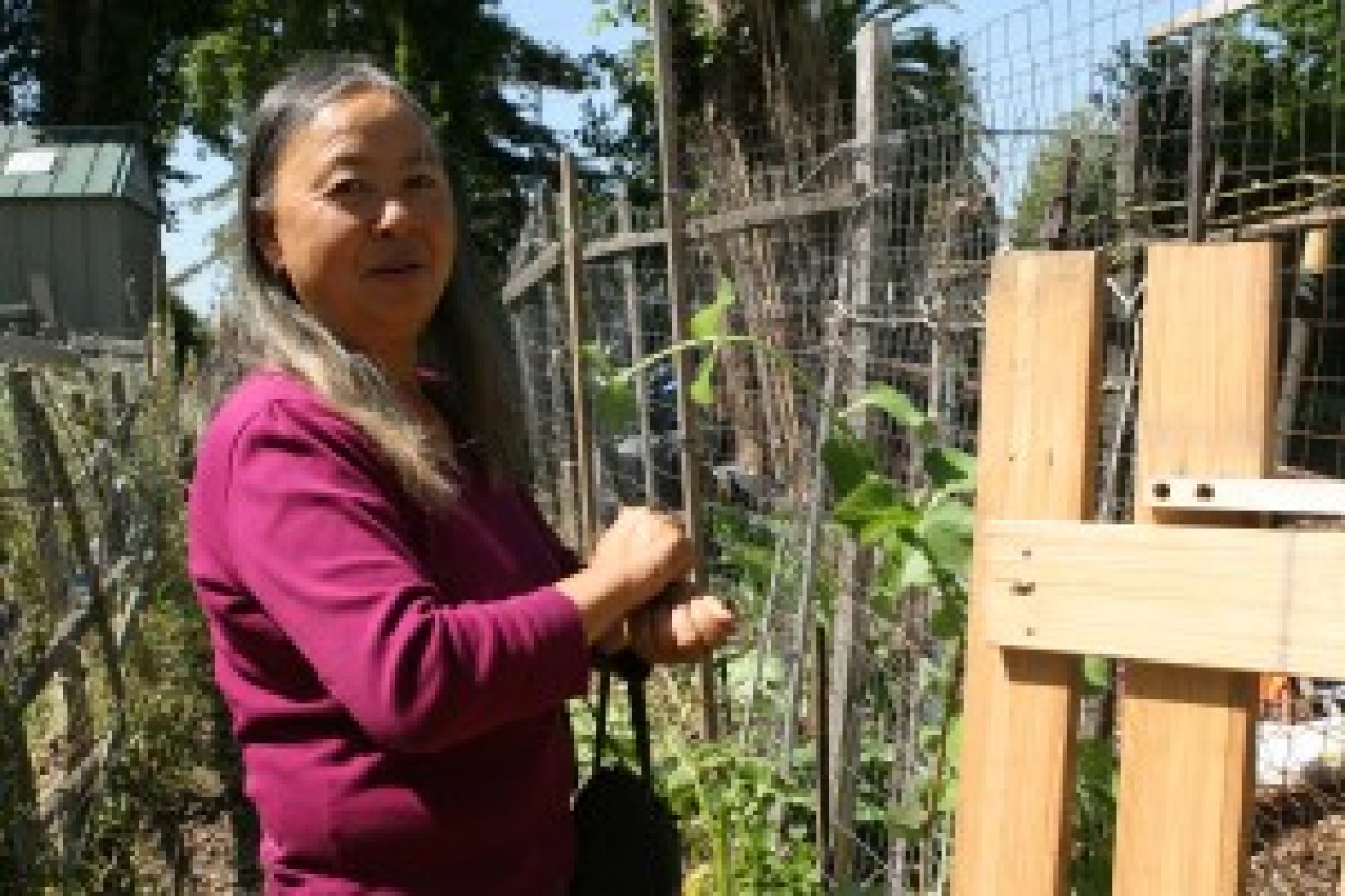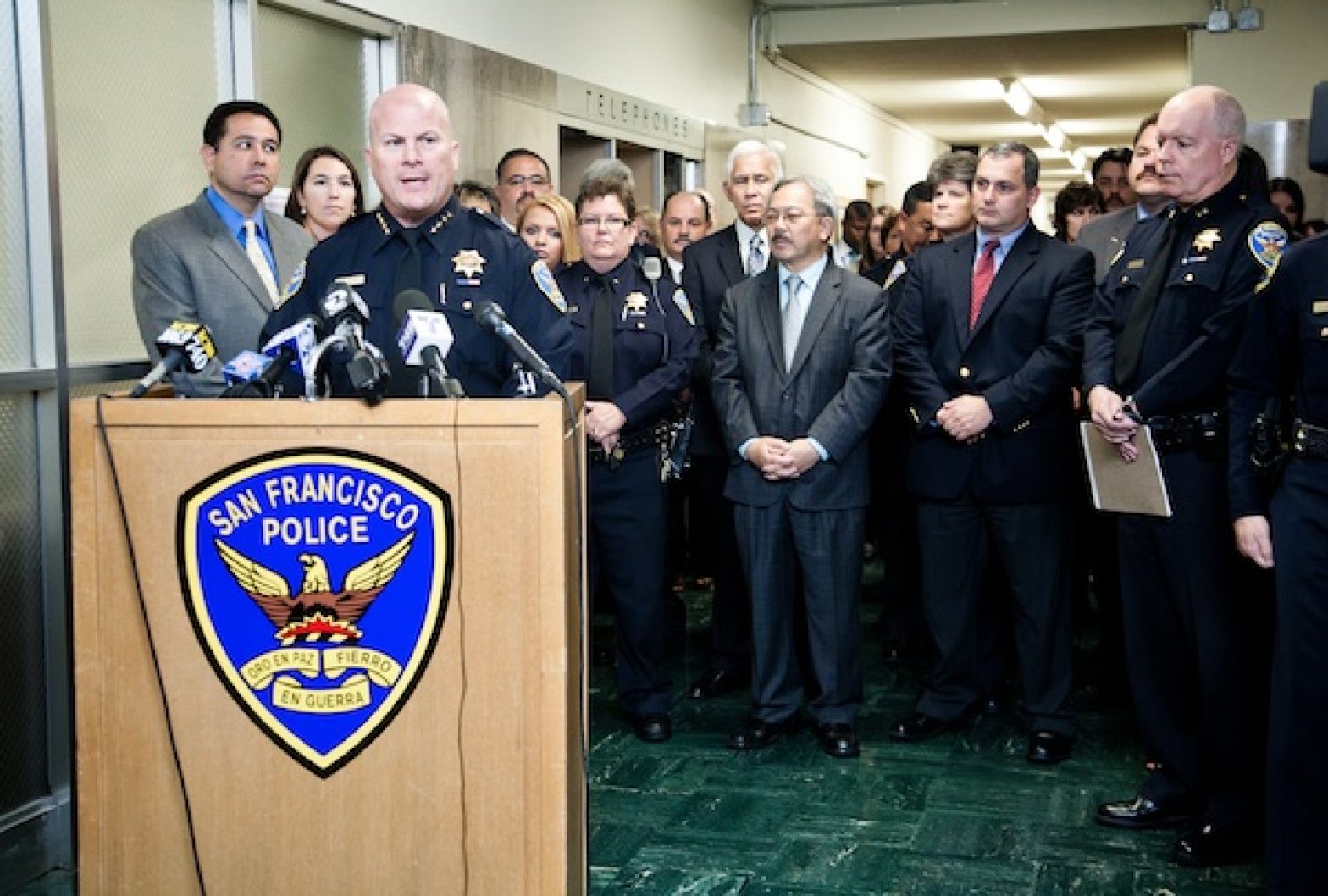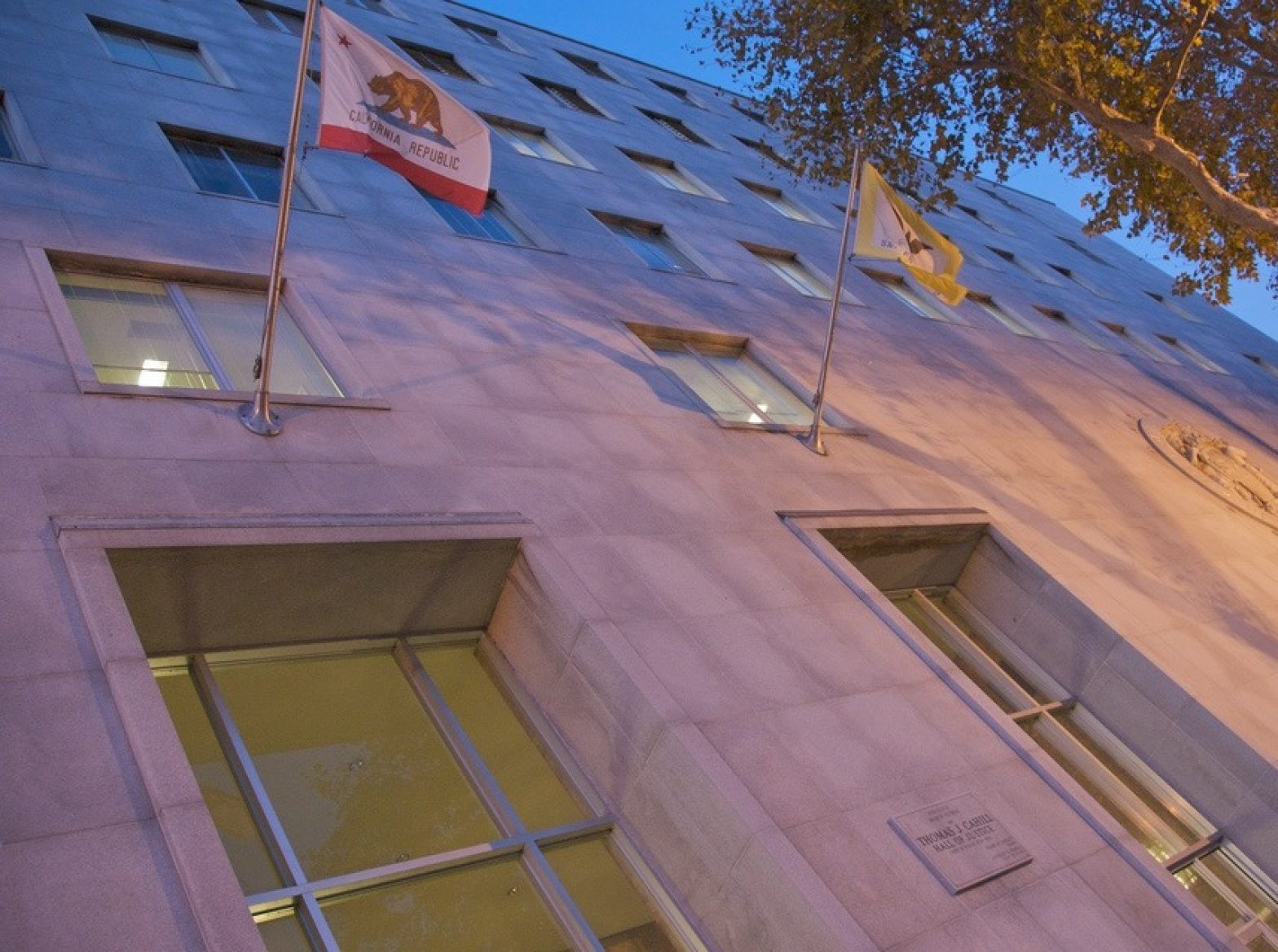Some who flee captive labor conditions end up with low-wage jobs, insecure housing
People trafficked into the country receive temporary government and nonprofit social service benefits after rescue or flight from captivity: shelter, health care, counseling, employment and legal help. But once these benefits term out, counter-trafficking specialists worry that victims, who generally have little work experience and weak social and family networks, could fall back into labor conditions as exploitative as the ones they fled. As a victim of international labor trafficking, Lili Samad received government help to stay in the U.S. But she is among hundreds of trafficking survivors each year who end up, months after getting help trying to build a new life, living in marginal housing and working in low-wage jobs.
